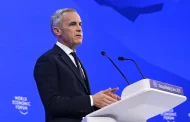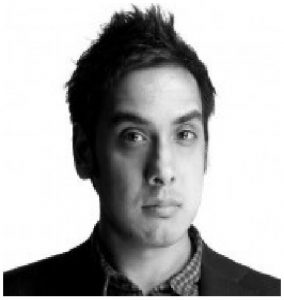 Jos, the Plateau State capital in central Nigeria which has experienced so much violent conflict since September 2001, will be the site of a Peace Summit that can be called the convergence of Christendom in Nigeria on the city. The Christian leaders would be converging on the city August 26th to 29th, 2018 for a discursive engagement with peace. The theme of the Peace Summit is “Sustainable Peace and Security in Northern Nigeria as a Panacea for Development: The Role of Christian Religious Leaders”. About 200 of the Christian leaders are expected to be in attendance.
Jos, the Plateau State capital in central Nigeria which has experienced so much violent conflict since September 2001, will be the site of a Peace Summit that can be called the convergence of Christendom in Nigeria on the city. The Christian leaders would be converging on the city August 26th to 29th, 2018 for a discursive engagement with peace. The theme of the Peace Summit is “Sustainable Peace and Security in Northern Nigeria as a Panacea for Development: The Role of Christian Religious Leaders”. About 200 of the Christian leaders are expected to be in attendance.
While Gen Yakubu Gowon, former Head of State from 1966 to 1975 is expected to chair the event, Gen Paul Tarfa, former Commandant of the Nigerian Defence Academy is scheduled to deliver the Keynote address. Other notable presences would include Archbishop Ignatius Kaigama of the Catholic Bishops Conference of Nigeria, (CBCN); Bishop David Oyedepo of the Living Faith Church Worldwide; Prof Ochapa Onazi, a former Vice-Chancellor of the University of Jos; Reverend Ladi Thompson of Non-Violence for African Development, (NOVAD), Ler Jonathan Ichaver, the London School of Economics educated Executive Director of Benue State based empowerment platform, Sesor, Prof James Kantiok, a Peace and Conflict scholar and Prof Dauda Ishaya, both from the Ahmadu Bello University, Zaria.

Gen Gowon
Yet others are Prof. Prof Fummi Para-Mallam of the National Institute for Policy and Strategic Studies, (NIPSS); Prof John Wade; Reverend Prof Pandang Yamsat; Prof Salamatu Mambula and Prof Clement Dakas, a Senior Advocate of Nigeria, (SAN).
The summit to which arrival is Sunday, August 26th and departure, Wednesday, August 29th will be cracking, among others, “Promoting Inter-Faith Dialogue as Panacea for Conflict Transformation in Northern Nigeria”; “Strategic Approaches to Post Conflict Reconstruction, Rehabilitation and Re-integration of Victims of Violent Conflict in Northern Nigeria”; “Truth, Justice and Reconciliation: A Biblical Perspective”.
One panel will be exploring patterns, causes and effects of violent conflicts across the region with particular reference to socio-economic development in the region as well as impact on farming communities in the Middle Belt; a second panel would be keenly revisiting implications of violent attacks on Christians in the region for the Church and the role of the Church on how to move from reactive to strategic responses to the challenges of peace and security. This same panel would equally be confronting what the organisers call the role of the Church in curbing the menace of hate and dangerous speeches hate speech. The last panel would concentrate on interrogating government policy response to the farmer/herder crisis in Nigeria in terms of problems and prospects.
The tentative schedule of the summit which Intervention has seen shows there would time for site seeing, group dinners and a closing ceremony. The profile of the potential attendees at the summit means that the world of faith and conflict management/transformation would be keenly watching out for pronouncements, models and practices of peace that might be emanating from the summit in session. It could not be readily established if this summit has precedence or it is only what has been brought into being as a response to unfolding regional security crisis. It is, however, known that some of its intellectuals and ideologues are well known veterans in peace practice in the region.




























